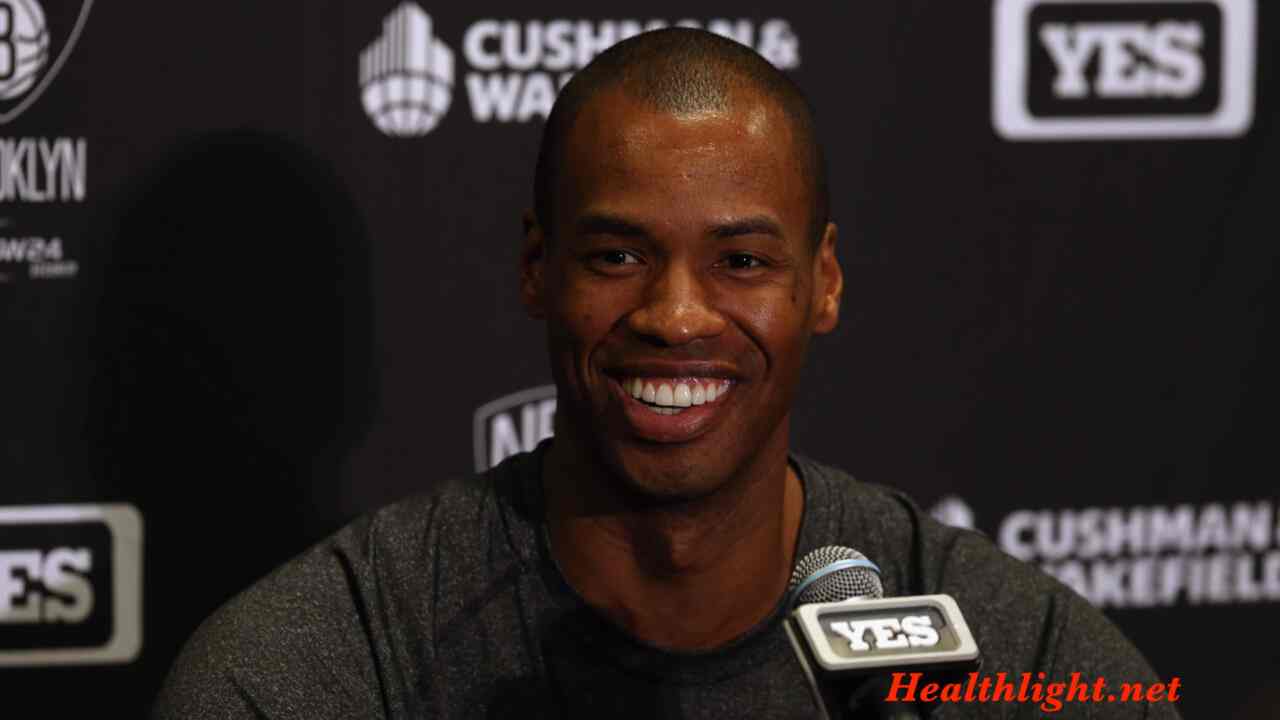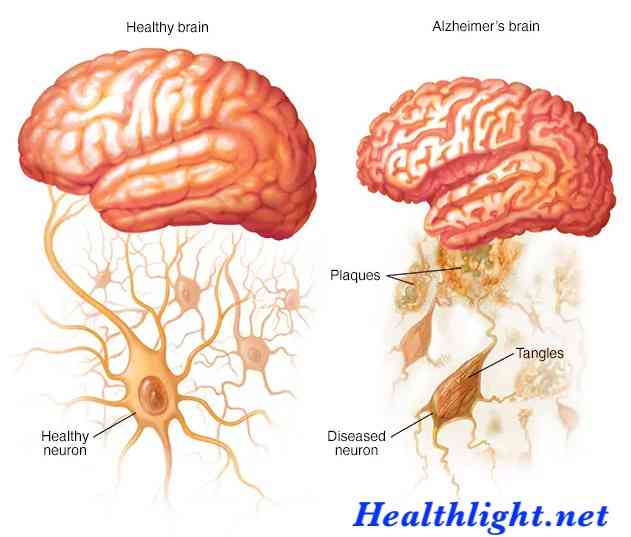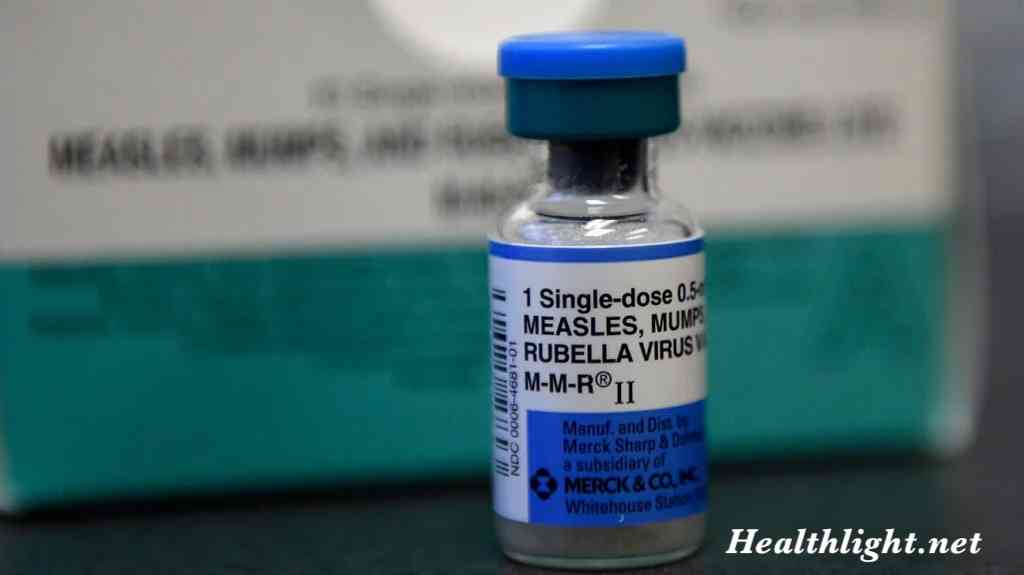Jason Collins, a former NBA player and the league’s first openly gay athlete, announced in September 2025 that he is undergoing treatment for a Brain Tumor. His family has requested privacy while he receives medical care. While details about the tumor type or stage haven’t been released, brain tumors are typically managed through surgery, radiation, chemotherapy, and supportive therapies depending on the case.
What Is a Brain Tumor?
A Brain Tumor is an abnormal growth of cells in or around the brain. These cells multiply in an uncontrolled way, forming a mass that can interfere with how the brain works. Unlike other parts of the body, the brain is enclosed within the rigid skull, so even small tumors can create pressure and cause serious health problems.
Brain tumors are generally divided into two main categories:
- Benign (non-cancerous) tumors: These grow slowly, don’t usually spread to other parts of the body, and may be easier to treat. However, they can still cause damage by pressing on important brain structures.
- Malignant (cancerous) tumors: These grow faster, may invade nearby brain tissue, and are more likely to come back after treatment.
Tumors can also be classified as:
- Primary brain tumors, which start in the brain.
- Secondary (metastatic) brain tumors, which spread to the brain from cancers in other parts of the body (like the lungs, breast, or skin).
Because the brain controls memory, speech, movement, and basic body functions, any tumor benign or malignant can affect quality of life if not detected and treated early.
Common Symptoms of a Brain Tumor:
Symptoms vary depending on the tumor’s size, type, and location, but typical warning signs include:
- Persistent Headaches: Often worse in the morning or with activity.
- Nausea and Vomiting: Caused by increased pressure inside the skull.
- Seizures: A common first symptom for many patients.
- Cognitive Changes: Memory problems, confusion, or personality changes.
- Weakness or Numbness: Often on one side of the body.
- Vision or Hearing Problems: Blurred vision, double vision, or hearing loss.
- Balance and Coordination Issues: Trouble walking or frequent dizziness.
Anyone experiencing multiple persistent symptoms should seek medical evaluation quickly.
How Brain Tumors Are Diagnosed?
Doctors use several tools to diagnose brain tumors:
- Imaging tests such as MRI and CT scans.
- Neurological exams to check reflexes, coordination, and cognition.
- Biopsies to determine the tumor type and guide treatment.
Treatment Options for Brain Tumors:
The treatment approach depends on the tumor’s nature and the patient’s health. Common treatments include:
Surgery:
- Often the first step if the tumor is accessible.
- Removes as much tumor tissue as possible to relieve pressure and confirm diagnosis.
Radiation Therapy:
- Uses high-energy beams to target and kill tumor cells.
- Often follows surgery or replaces it if surgery is not possible.
Chemotherapy and Targeted Therapy:
- Drugs are used to destroy or slow tumor growth.
- Targeted therapy focuses on specific tumor cell markers.
Supportive Care:
- Medications to reduce swelling (steroids).
- Anti-seizure drugs to control seizures.
- Rehabilitation therapies for speech, movement, or memory issues.
Clinical Trials:
- Access to new treatments such as immunotherapy or gene therapy.
- Can provide hope when traditional therapies are limited.
Jason Collins Battle & Public Awareness:
While the exact details of Jason Collins’ condition are private, his openness about his diagnosis shines a spotlight on the importance of health awareness and early detection. Athletes, despite their fitness, are not immune to serious illnesses like brain tumors.
Public figures sharing their health battles often inspire others to pay attention to symptoms and seek timely medical care.
Prevention & Early Detection:
Although brain tumors cannot always be prevented, certain steps may help reduce risks and improve outcomes:
- Regular check-ups to monitor unexplained symptoms.
- Healthy lifestyle choices including balanced diet, exercise, and limiting exposure to harmful chemicals.
- Awareness of family history, as some genetic factors may increase risk.
Final Words:
Jason Collins health update 2025 fight against a brain tumor is a reminder of how unpredictable life can be. His courage in sharing this journey brings attention to a serious health issue that affects thousands of people every year. While treatment options continue to advance, early detection and medical care remain key to better outcomes.
The outpouring of love and support from the NBA community and fans worldwide shows how much Collins has inspired both on and off the court. His battle also underscores the importance of spreading awareness about brain tumor symptoms and treatment.







